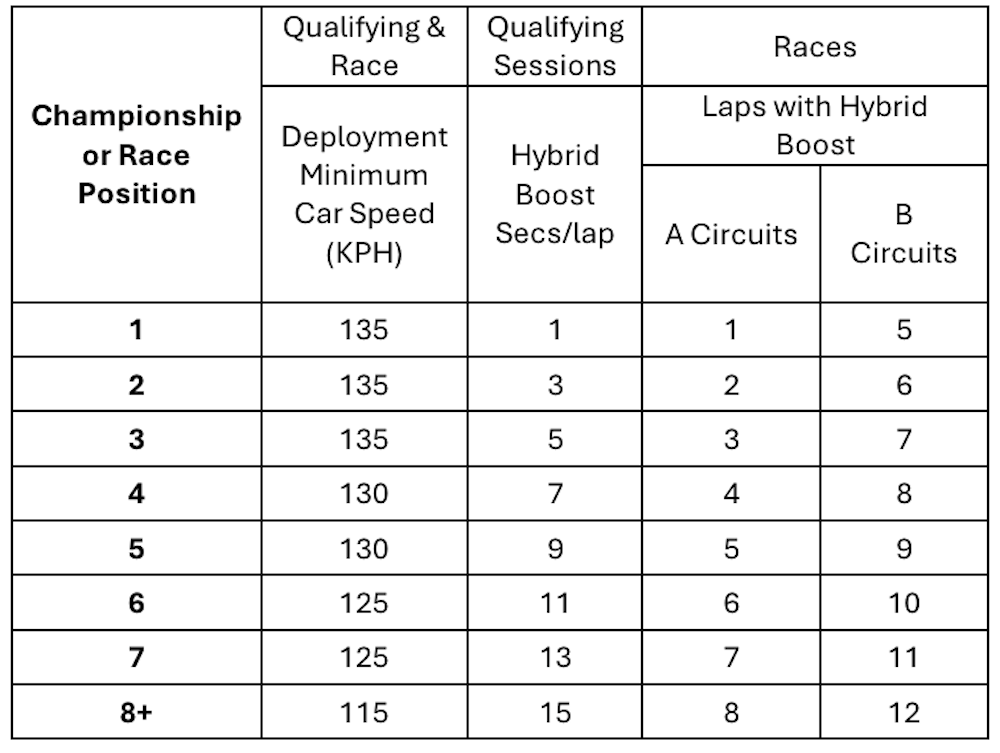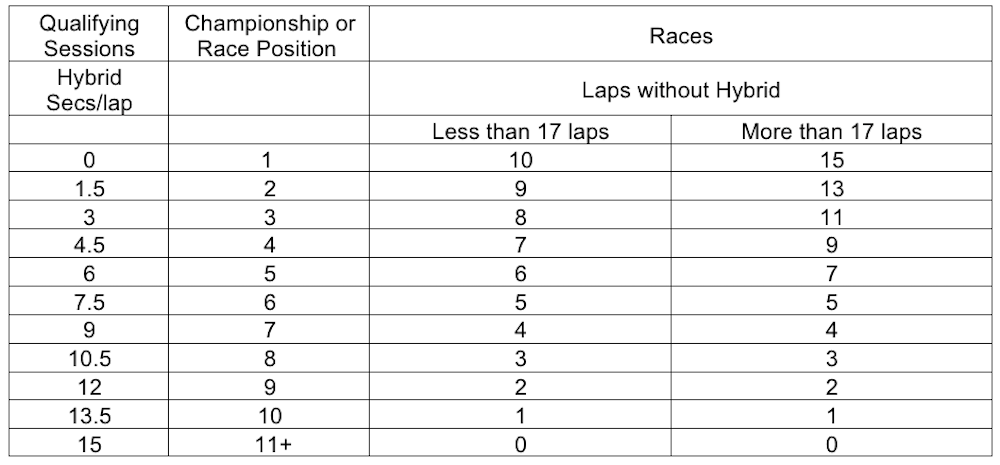This weekend’s British Touring Car Championship season-opener at Donington Park heralds the first race for a more potent hybrid boost system that delivers twice the power compared to last year.
BTCC series organiser TOCA introduced the spec 48V hybrid-electric system in 2022. The Cosworth spec unit replaced success ballast, which saw the most successful drivers get handed additional weight to slow them down in races and balance out the field. A similar sliding scale approach has been used after the switch to hybrids, whereby more successful drivers are given fewer laps on which they can deploy power from the motor generator unit (MGU).
BTCC teams and viewers soon got accustomed to the new technology, which was a world-first in touring cars. However, they soon recognised that it tended to produce long trains of cars without much overtaking. In response, the BTCC has increased turbo boost pressure by 200mb and factored that into the hybrid system boost. This is designed to increase the difference (or delta) between a car that is using hybrid boost and one that isn’t. The change, which does not add to the MGU’s output, equates to a doubling of the power that a driver has when they push the boost button, from 30bhp to 60bhp.

The BTCC has been continually reviewing its hybrid deployment rules since the technology was introduced. Last year, it added a minimum speed at which drivers could use the boost, with those who were higher in the championship standings (applicable to Race 1) or coming off the back of a strong preceding race (Races 2 and 3) both getting a higher threshold. Lower-ranked drivers received a lower threshold, meaning they could attack sooner out of corners.
But now, drivers will have double the amount of boost available. How will it affect the racing? Alliance Racing Ford engineer Tony Carrozza, who won the 2023 BTCC title with driver Ashley Sutton, reckons it will have a noticeable impact.
‘Part of the rules that changed for last year was, cars outside the top 10 didn’t have it for every lap,’ he tells Racecar Engineering. ‘The previous year, there was this hybrid train where all of the cars were pushing hybrid at the same point. It didn’t make a delta to the racing.
‘The biggest difference this year is the overlap…
Click Here to Read the Full Original Article at Racecar Engineering…

